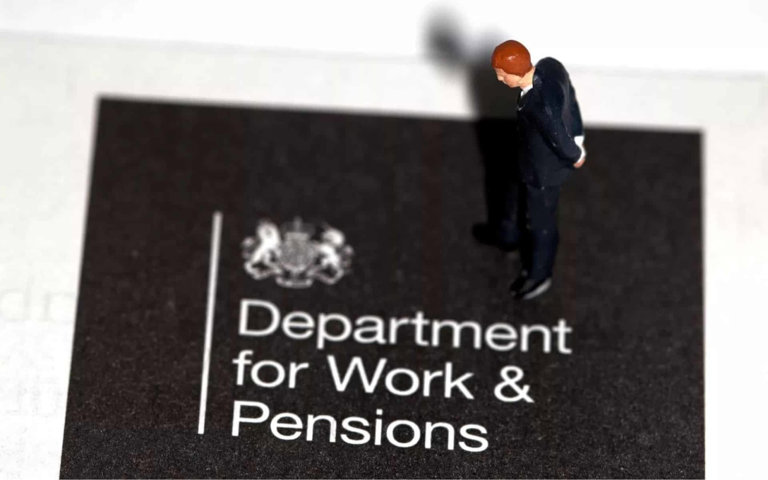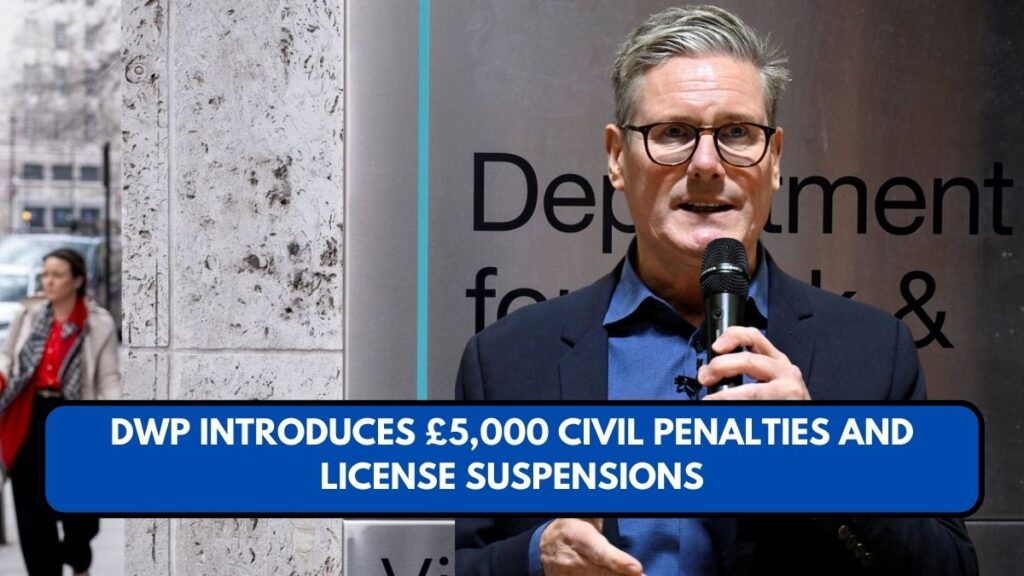The UK government has intensified its crackdown on benefit fraud, with the Department for Work and Pensions (DWP) issuing warning letters to claimants about stricter rules and the possibility of fines up to £5,000. The initiative is part of a broader strategy to reduce fraud, overpayments, and erroneous claims in the welfare system.
The warnings are a clear indication that the government is determined to safeguard taxpayer money and restore integrity in the benefits system, following increasing public scrutiny over misuse and accidental overclaims—especially within the Carer’s Allowance scheme.
What’s Changing in the DWP’s Anti-Fraud Strategy?
Under new and existing powers, the DWP can now issue civil penalties between £350 and £5,000 for cases of benefit fraud, even when no criminal conviction is sought. In more serious cases, offenders may face prosecution, a criminal record, and loss or reduction of benefits for up to three years.
Examples of benefit fraud include:
- Failing to report a change in circumstances (e.g. income, relationship status, work).
- Providing false or misleading information on benefit applications.
- Claiming benefits for someone who no longer qualifies.
According to the UK government’s official guidelines on benefit fraud, offenders may also be asked to repay any money wrongly claimed.

Carers and Overpayments: A Growing Crisis
A significant number of warnings have gone out to unpaid carers, with over 15,000 being asked to repay overpayments—some exceeding £10,000. These overpayments often stem from carers unintentionally breaching earnings limits or not updating their employment status.
More than 250 carers now face potential prosecution for unintentional violations, despite widespread criticism of the system’s lack of proactive safeguards.
In response, the government has announced an independent review into the Carer’s Allowance process to identify systemic issues and propose a fairer approach for unpaid carers. This review aims to ensure that carers are not unduly penalized for administrative errors.
New Proposals: Driving License Suspensions for Debtors
Another controversial measure proposed by the DWP is the potential suspension of driving licenses for individuals who owe over £1,000 in welfare debts and have repeatedly failed to engage with repayment efforts. Courts could impose disqualifications of up to two years, serving as a deterrent for those who attempt to evade repayment.
The measure, part of the Public Authorities (Fraud, Error and Recovery) Bill, seeks to give the government broader enforcement powers. If passed, the bill could enable the DWP to recover funds directly from claimants’ bank accounts, streamlining the debt recovery process.
Open Banking Plans Spark Privacy Concerns
In another move to tackle benefit fraud, the government is considering an “open banking” model requiring benefit recipients to grant access to their bank account data for fraud detection purposes.
This would allow the DWP to check claimants’ finances in real-time and identify inconsistencies or undeclared income. While this could lead to significant savings and increased transparency, critics warn of potential invasions of privacy and data security risks.

What Claimants Should Do
To avoid penalties, claimants should:
- Regularly review their benefits status.
- Immediately report changes in income, housing, or family circumstances via DWP’s official contact page.
- Keep documentation related to employment, pay, and benefit letters.
- Check eligibility and entitlements using the DWP eligibility tool.
Claimants can also appeal against decisions or fines using the DWP’s appeals process.
Conclusion
The UK government’s crackdown on benefit fraud underscores a shift toward more rigorous compliance and monitoring. While aimed at protecting public funds, these measures have raised questions about fairness, especially for vulnerable groups like unpaid carers. With fines reaching up to £5,000 and expanded recovery powers under consideration, benefit claimants must stay vigilant, honest, and up-to-date with their obligations.



